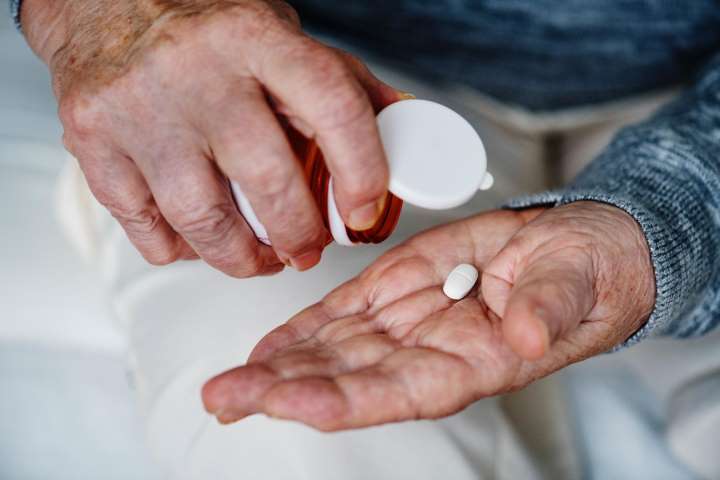
Missing flights. Losing itineraries. Getting lost or having your luggage go missing. These are real fears of every world traveler, but none are as terrifying as the prospect of getting injured while traveling abroad.
Sustaining an injury or becoming ill while you’re traveling doesn’t just affect your travel plans. It can also leave you wondering where to find medical care and how you’re going to pay for it.
Here’s a hint: your own health insurance might not cover your medical services in another country, which leaves you to handle the cost on your own.
How can you protect yourself—and your finances—if you were to become ill or injured while traveling abroad?
Ideally, you’ll never have to use this guide, but let’s explore how you can protect yourself during your trip.
How to Prevent Illness When Traveling

The best protection against injury and illness is to prevent issues before they occur.
A general rule is to avoid tap water, raw fruits and veggies, and any food that isn’t pasteurized. Make sure you research your destination to discover any potential health threats that could cause illness.
Also, it’s a good idea to visit a travel medical clinic to get vaccinated before you travel. The types of vaccinations will vary, depending on your destination country. Your medical provider may also be able to prescribe medication to prevent traveler’s diarrhea, motion sickness, malaria, and other conditions.
What to Do If You Become Ill or Injured While Traveling Abroad

Prevention can be the best medicine, but it’s not a foolproof method. Illnesses and injuries can still occur, even with good planning and intentions.
Knowing when and where to seek medical help gives you the best chance of recovering and minimizing disruptions to your trip.
When to Seek Medical Help
See a doctor right away if you experience any of the following:
- Diarrhea and a fever of 38.9 degrees Celsius or higher
- Diarrhea spotted with blood
- A car accident, even if you feel okay afterward
- A scratch or bite from a bird, animal, or reptile
- Sexual assault or physical attack
- Flu-like symptoms
- Serious injury
Minor symptoms like headaches or nausea can be treated without a medical provider. Ideally, you will pack your own remedies to combat these issues.
Where to Find a Doctor
If you purchased travel insurance, you’ll need to find a provider within your network. Your insurance provider should be able to give you a list of participants.
In addition, you can check the Joint Commission International for a list of accredited healthcare facilities in your destination country.
It’s in your best interest to research the medical scene prior to needing it. There may not be time to contact your embassy to ask for help or search through online databases. You’ll also need to know how to call for emergency help and transportation options available to you.
How Travel Insurance Can Give You Protection and Peace of Mind
Paying for medical care while traveling can be complicated, especially if you don’t have travel insurance. Costs can vary widely between countries, and it’s anybody’s guess as to what you’ll have to pay the day you receive care.
Investing in travel insurance can give you peace of mind when traveling, not to mention financial savings. It’s a surefire way to get connected with the right providers, predict potential medical costs, and prevent you from paying much out of pocket.
To get the best rates on travel insurance, a travel insurance broker is usually the best option. They shop around on your behalf to match your needs and budget and can act as intermediaries to resolve disputes and issues.
Take time to research your options for insurance for your next trip abroad so you can travel with peace of mind.





